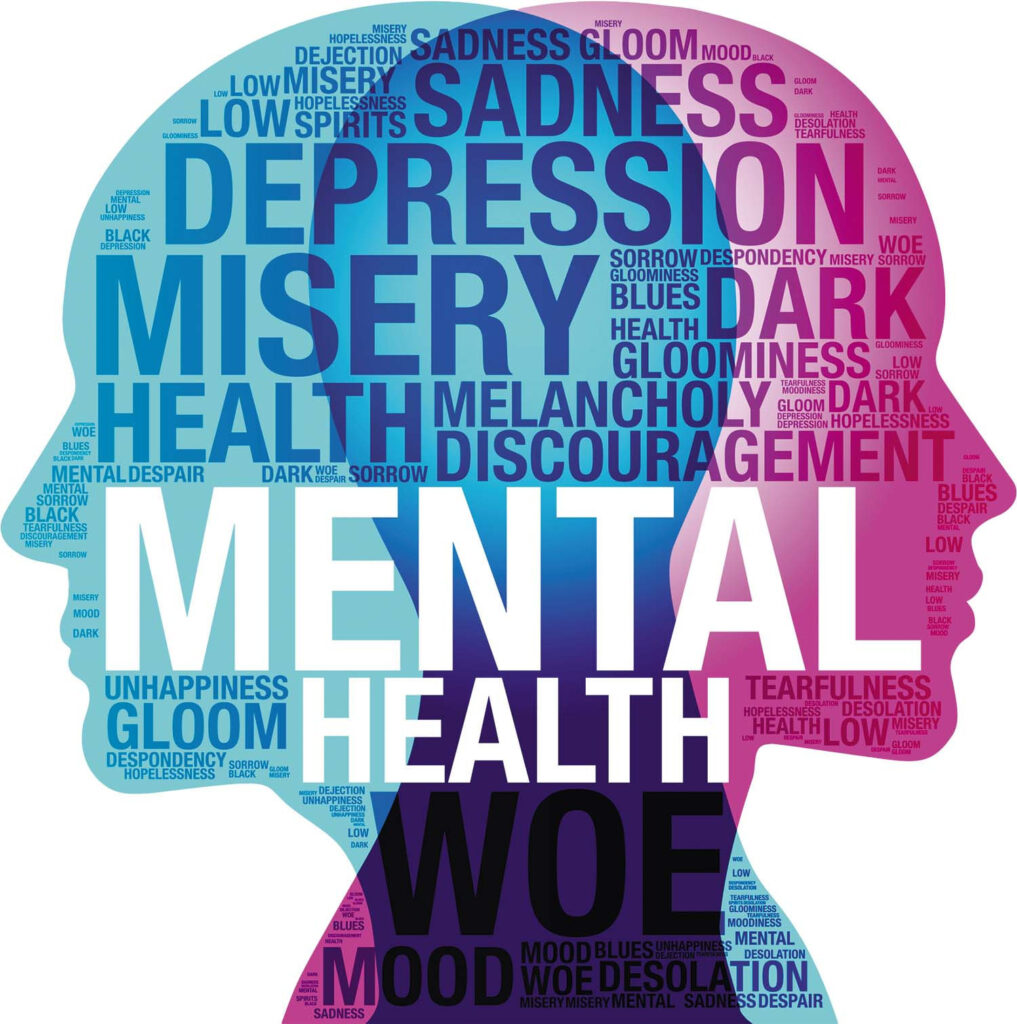Depression affects queer people more than other communities at a higher rate. Queer folks are 2.5 times more likely to experience depression, anxiety, and substance misuse compared with heterosexual individuals.
With these statistics, we have to say that queer folks should be at the forefront of ending the stigma within the mental health topic of which a lot of us are and do not shy away from the conversation.
In Malawi, we have seen a rise in numbers of suicide rates in the recent years and we are yet to find solutions to end this crisis. There is little to no access to public mental health facilities for those who need help. Unfortunately our constitution still deems suicide attempt as a crime and convicts people who survive their attempts under ‘attempted homicide,’ which is backed up by the law.
If this is backed up by the law, how then do we tackle the stigma and get help for those with mental health issues, especially folks in the queer community?
We sat down with individuals from the queer community and had a conversation around their personal experiences with depression and how they are fighting the crisis and this is what they had to say:
Duwa, a 35yr old queer woman, said that in her twenties she felt rejected, unloved and misunderstood because of her sexuality. She added that she held herself back from everyone which resulted in her first vivid suicidal ideations. Isolation was one of the big factors that led her to her depression.
She felt that even though there were days she felt unloved, those around her, especially close family and friends cared for her and that is what kept her going. Her partner at the time was also very supportive and she realized that offloading, journaling and speaking about her thoughts helped heavily.
When asked about how she feels on the statement, “it gets better,” which is globally used as a way to counsel those who are having difficulties with their mental health, Duwa expressed that it can only get better when you truly love and accept yourself as a whole.
Chad, a 24yr old gay man, sadly explained how his enlightenment on depression came with a personal experience at the time that he was learning about his sexuality. He adds that he had not come to terms with who he was and battled with depression during that period. His way out was journaling, sharing his thoughts with a close friend and most importantly for him, counselling.
He says believing that, “it gets better,” only applies when you’re ready to put work into it yourself and always varies from person to person. He points our that society also plays a pivotal role in our mental health because of the stigma that is placed around mental health issues.
Mary, a 30yr old bisexual woman, remembers that her personal experience with depression occurred when she was sent to boarding school far from home. She remembers being very sad, unmotivated and having no interest in any activities around her and not wanting to be at school.
After getting into university, she had the same feeling of demotivation and low moods which resulted in her failing her first year and getting expelled from university and withdrew herself from any social spaces.
She enrolled at another university but unfortunately had to repeat a semester and everyone talked about it as no one had ever had to repeat or failed a semester at the prestigious university. She later went to a general practitioner who prescribed her anti-depressants of which she got addicted to because they made her sleep and for her, sleeping was better than being in reality. She then got off the anti-depressants and went on to seek professional help.
In 2021, her place of work partnered with a medical aid scheme for employees to be provided therapy of which she is in current treatment. She adds that therapy saved her life, going out more and finding new hobbies that excite her and it is the little moments that she appreciates every single day; she has taken interest in painting, book clubs, exercising and exploring more genres of music.
She now aids as a ‘listener,’ for other people who are going through mental health issues with an online platform.
With the experiences of these three individuals, it is important to take note that depression is different from person to person and the cause of it also varies. We are all fighting battles that we do not share with other people. Let us come together and try advocate to end the stigma around mental health as it is crucial for our coming generations.
Quote of today: Always choose your mental health and happiness first.
-SC

